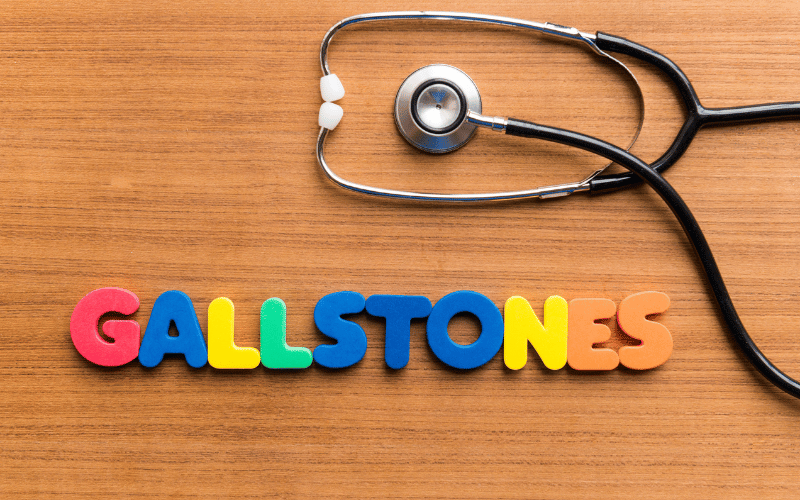Introduction: Navigating the Prognosis of Gallstones (Cholelithiasis)
Gallstones, or cholelithiasis, affect a significant portion of the population, making understanding the prognosis of this condition paramount.

This article aims to shed light on the critical aspects of gallstones, focusing on what individuals can expect in terms of prognosis. Gallstones are hardened deposits that form in the gallbladder, and their impact can range from being asymptomatic to causing severe complications.
The prognosis of gallstones varies based on several factors, including the size and number of stones, as well as the presence of any complications. For some, lifestyle modifications and medication may be sufficient, while others might require surgical intervention. Thus, understanding the potential outcomes and paths of treatment is essential.
In recent years, there has been an increase in the prevalence of gallstones, particularly in Western countries. This trend has been attributed to various factors, including obesity, poor diet, and lack of physical activity. As such, there is a growing need for clear and accurate information regarding the prognosis of gallstones.
The journey of dealing with gallstones can be fraught with uncertainty. However, armed with the right knowledge, individuals can navigate this condition more confidently. This article aims to provide valuable insights and information to help demystify the prognosis of gallstones, guiding patients and their families through this often challenging time.
1. Abdominal Pain and Discomfort: A Telling Sign

When it comes to gallstones, abdominal pain is a red flag that should never go unnoticed. Most commonly, the discomfort arises in the upper right section of the abdomen. This is the gallbladder’s location, and when gallstones are present, they can obstruct the flow of bile, leading to intense pain.
In the early stages, the pain might be sporadic, coming and going without any apparent pattern. For some, it might be a dull ache that lingers, while for others, it could manifest as sharp and sudden pains that take your breath away. The pain might also radiate to the back or the right shoulder blade, adding to the discomfort.
What makes this abdominal pain peculiar is its timing. Often, it kicks in post-meal, especially after indulging in a particularly fatty or greasy feast. It’s as if the gallbladder is sending out an SOS signal, struggling to deal with the contents of your meal. And in many cases, the pain can last for several hours, making it a source of prolonged agony.
Now, while it’s easy to dismiss occasional abdominal pain as something trivial, understanding its potential link to gallstones is crucial. If you find yourself regularly clutching at your abdomen in pain, it’s a clear sign that your body is trying to tell you something. Don’t ignore it. Seek medical advice to get to the bottom of the issue. (1)